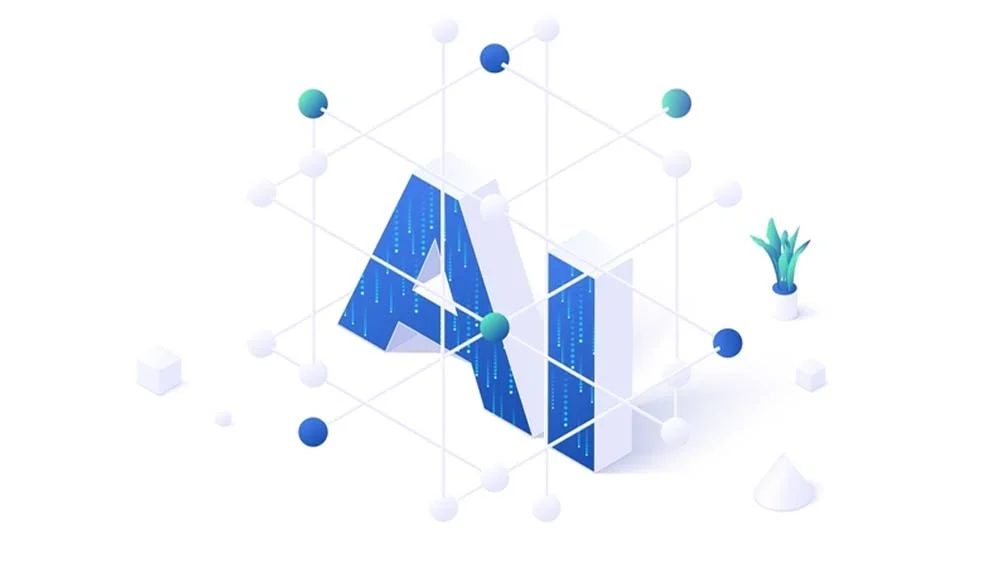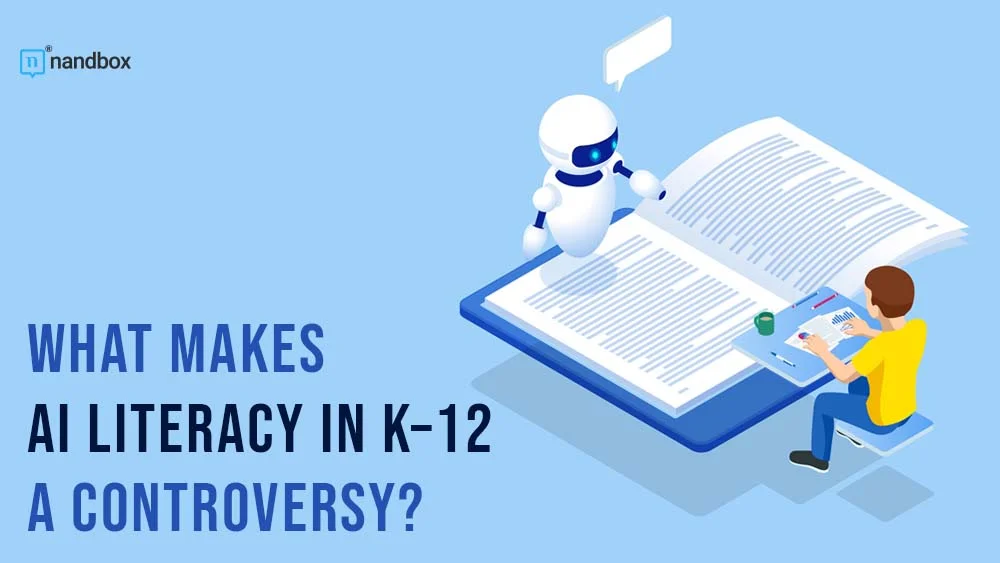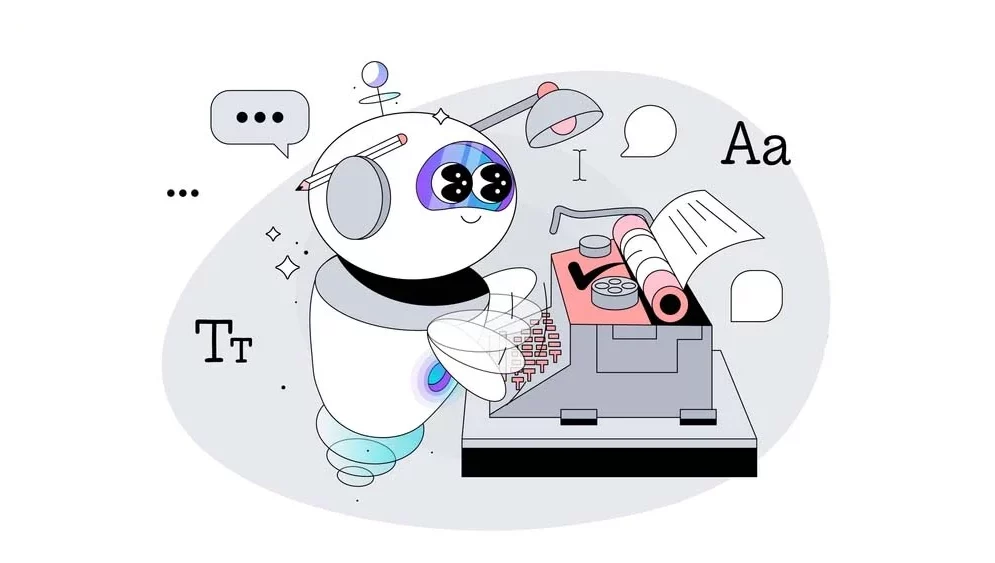The Clash of Opinions: Understanding the Debate Surrounding AI Literacy in K–12 Schools
Artificial Intelligence (AI) has become an integral part of our modern lives, transforming industries and revolutionizing the way we live and work. With its potential to drive economic growth and innovation, there is a growing consensus that AI literacy should be incorporated into K–12 education.
However, this proposition has sparked a heated debate among educators, policymakers, and parents alike. On one side, proponents argue that AI literacy equips students with essential skills for the future job market and empowers them to understand and navigate the complex AI-driven world.
On the other side, skeptics raise concerns about the ethical implications, privacy risks, and potential for exacerbating inequalities. In this article, we delve into the clash of opinions surrounding AI literacy in K–12 schools, exploring the arguments from both sides and shedding light on the potential benefits and challenges. Join us as we navigate this complex terrain and gain a deeper understanding of the debate surrounding AI literacy in K–12 education.
The Importance of AI in Today’s World
AI is transforming the way we live and work, and its impact will only continue to grow from now on. From voice assistants to self-driving cars, AI technologies are becoming increasingly prevalent in our daily lives. In order to navigate this AI-driven world, it is crucial for students to develop AI literacy skills. AI literacy goes beyond basic technical knowledge; it involves understanding the principles, applications, and implications of AI.
By incorporating AI literacy into K–12 education, we can prepare students for the future job market, where AI skills will be in high demand. AI literacy empowers students to think critically, solve complex problems, and adapt to rapidly changing technological landscapes.
It also enables them to be informed and responsible users of AI technologies, equipped to make ethical decisions and protect their privacy.
The question here remains: Is it necessary for students to learn all about AI, or are we demanding that they endanger themselves with such knowledge? This question brings us to the next point, which is the arguments people have held because of the controversy that AI causes in this digital era.
Arguments in Favor of AI Knowledge in K–12 Schools
Proponents of AI knowledge argue that it is essential for equipping students with the skills they need to succeed in the future. As AI technologies continue to advance, jobs that require AI skills will become increasingly prevalent. By introducing AI literacy at an early age, we can ensure that students are well-prepared for the future job market.
In addition to job readiness, some actually argue that AI literacy also promotes critical thinking, problem-solving, and creativity. AI technologies often require students to analyze data, identify patterns, and make informed decisions.
By engaging with AI technologies, students develop essential skills that are applicable across disciplines. Furthermore, AI literacy enables students to understand and participate in the ethical discussions surrounding AI. They learn about issues such as bias in AI algorithms, data privacy, and the impact of AI on society. By fostering ethical awareness and responsible AI usage, we can create a generation of informed and conscientious AI users.
Proponents Who Are NOT in Favor of AI Literacy

Despite the potential benefits, there are valid concerns and challenges associated with introducing AI literacy into K–12 education. One major concern is the exacerbation of existing inequalities. Access to AI technologies and resources may not be equitable across schools and communities, leading to disparities in AI literacy education. It is essential to address these inequalities to ensure that all students have an equal opportunity to develop AI literacy skills.
Another concern is the ethical implications of AI technologies. AI algorithms can perpetuate biases and discrimination, impacting decision-making processes. Teaching AI literacy without addressing these ethical concerns may lead to unintended consequences. It is crucial to incorporate discussions about ethics, bias, and fairness into AI literacy education. That is to foster responsible AI usage.
Privacy is also a significant concern in the AI literacy debate. AI technologies often rely on vast amounts of personal data, raising questions about data privacy and security. Furthermore, students need to understand the implications of sharing their data and how to protect their privacy in an increasingly connected world.
The Role of Educators in Teaching AI Literacy
Educators play a vital role in teaching AI literacy to K–12 students. They not only need to have a solid understanding of AI principles and applications but also possess effective pedagogical strategies to engage students in AI education. Educators should foster an environment that encourages curiosity, critical thinking, and creativity.
In addition to technical knowledge, educators should also address the ethical implications of AI. They need to facilitate discussions around bias, fairness, and privacy, ensuring that students develop a well-rounded understanding of AI technologies.
Professional development programs and resources should be available to educators to support their AI literacy teaching efforts. Collaboration between educators, industry experts, and policymakers can help create comprehensive AI literacy frameworks that address the needs of both students and educators.
Strategies for Integrating AI into the K–12 Curriculum
Integrating AI literacy into the K–12 curriculum requires careful planning and consideration. It should be integrated across multiple subjects and grade levels to ensure comprehensive coverage. Some strategies for integrating AI literacy into the curriculum include:
- Interdisciplinary Approach: AI can be incorporated into various subjects, such as mathematics, science, social studies, and language arts. By exploring AI applications in different disciplines, students can see the interdisciplinary nature of AI and its real-world relevance.
- Project-Based Learning: Engaging students in hands-on projects that involve AI technologies can enhance their understanding and skills. Projects could include designing chatbots, analyzing datasets, or creating AI-driven solutions to real-world problems.
- Collaboration with Industry: Partnering with industry experts and organizations can provide students with real-world perspectives and experiences. Guest speakers, field trips, and mentorship programs can expose students to the practical applications of AI and inspire their interest in AI-related careers.
Resources and Tools for Teaching AI Literacy in K–12 Schools
Numerous resources and tools are available to support educators in teaching AI literacy in K–12 schools. Online platforms provide AI literacy curricula, lesson plans, and interactive activities that teachers can integrate into the classroom.
These resources cater to different age groups and skill levels, ensuring that educators can find suitable materials for their students.
In addition to online resources, professional organizations and AI companies offer workshops, webinars, and training programs for educators. These programs provide educators with the necessary knowledge and skills to effectively teach AI literacy.
The Future of AI in K–12 Education
The future of AI education in K–12 schools is a topic of much debate and speculation. Proponents argue that teaching AI in schools is essential to preparing students for the future job market, as AI technology continues to advance and become more prevalent in various industries. They believe that AI literacy will be a necessary skill for students to succeed in the digital age.
Advocates also argue that teaching AI in schools can help students develop critical thinking and problem-solving skills. AI technology requires students to analyze data, make predictions, and evaluate outcomes, which can enhance their cognitive abilities and prepare them for complex decision-making in the real world.
Additionally, proponents believe that AI education can foster creativity and innovation. By learning about AI algorithms and programming, students can explore new ways to solve problems and develop innovative solutions. This can inspire a new generation of inventors, entrepreneurs, and problem-solvers.
However, critics raise concerns about the potential dangers of teaching AI in schools. They worry that students may become too reliant on AI technology. Additionally, neglect important skills like human interaction, empathy, and creativity. They argue that AI should be used as a tool to enhance learning, rather than replace traditional teaching methods.
Furthermore, there are concerns about the ethical implications of AI education. Students need to be educated about the potential biases and ethical considerations surrounding AI technology. They should also be taught how to use AI responsibly and ethically, to avoid potential harm or misuse.
Wrapping It Up!
In conclusion, the future of AI education in K–12 schools is a complex and multifaceted issue. While there are valid concerns and criticisms, proponents believe that with careful planning and consideration, We can integrate AI literacy into K–12 education in a way that benefits students and prepares them for the future. Through collaboration, dialogue, and continuous improvement, we can strike a balance between the need for AI literacy and the ethical considerations associated with AI technologies. By embracing AI literacy in K–12 education, we can prepare students for the future, foster critical thinking, and create a generation of responsible AI users.
If it is an aim of yours to help the K–12 generation evolve and learn more about AI, you can now develop an app that will help them understand the aspect of integrating AI in applications. This will be an educational leap for them. One that can help them prepare themselves for the digital future that awaits us! Develop an app now with nandbox’s no-code native app builder and benefit the new generations and your business as well!






